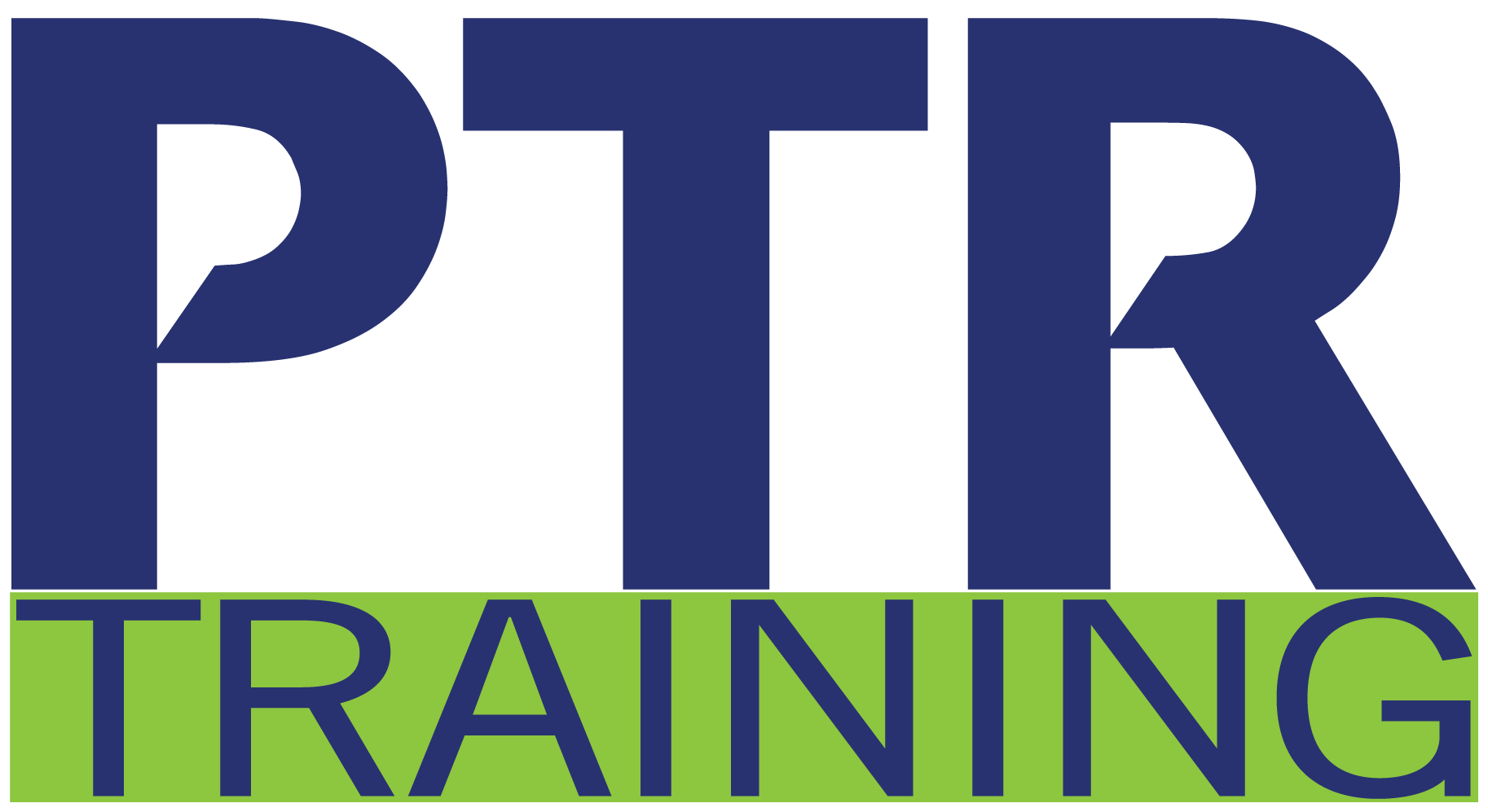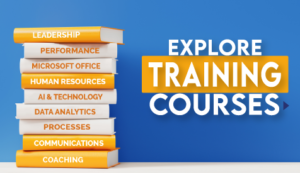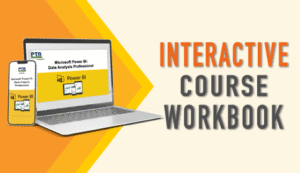This program builds a foundation of relationship skills that will help managers and supervisors respond to conflict, handle difficult situations, and relate to customers, employees, and coworkers. Learn interpersonal skills to help you conquer office politics, develop professional rapport, and defuse bad situations. Increase cooperation, enthusiasm, productivity, and, most importantly, job satisfaction.
Learning Objectives »
- Understand the communication process
- Use interpersonal strategies to build relationships
- Apply non-verbal communication
- Assertively communicate
- Handle difficult people and situations
- Resolve potential conflict and confrontation
- Build trust and rapport with coworkers
Course Agenda
Communication Process
- Understanding Communication
- Communication Model
- Reducing the Noise
Interpersonal Strategies
- Analyzing Your Receiver
- Nonverbal Communication
- Listening Skills
- Conversation Starters
- Communication Styles
- Giving and Receiving Feedback
- Using “I” Language
- Developing Positive Relationships
Communication Challenges
- Saying “No”
- Handling Difficult People
- Behavior Patterns Leading to Conflict
- Perception Check
- Resolving Conflict
- Defusing Anger
- Negotiating Win-Win Solutions





